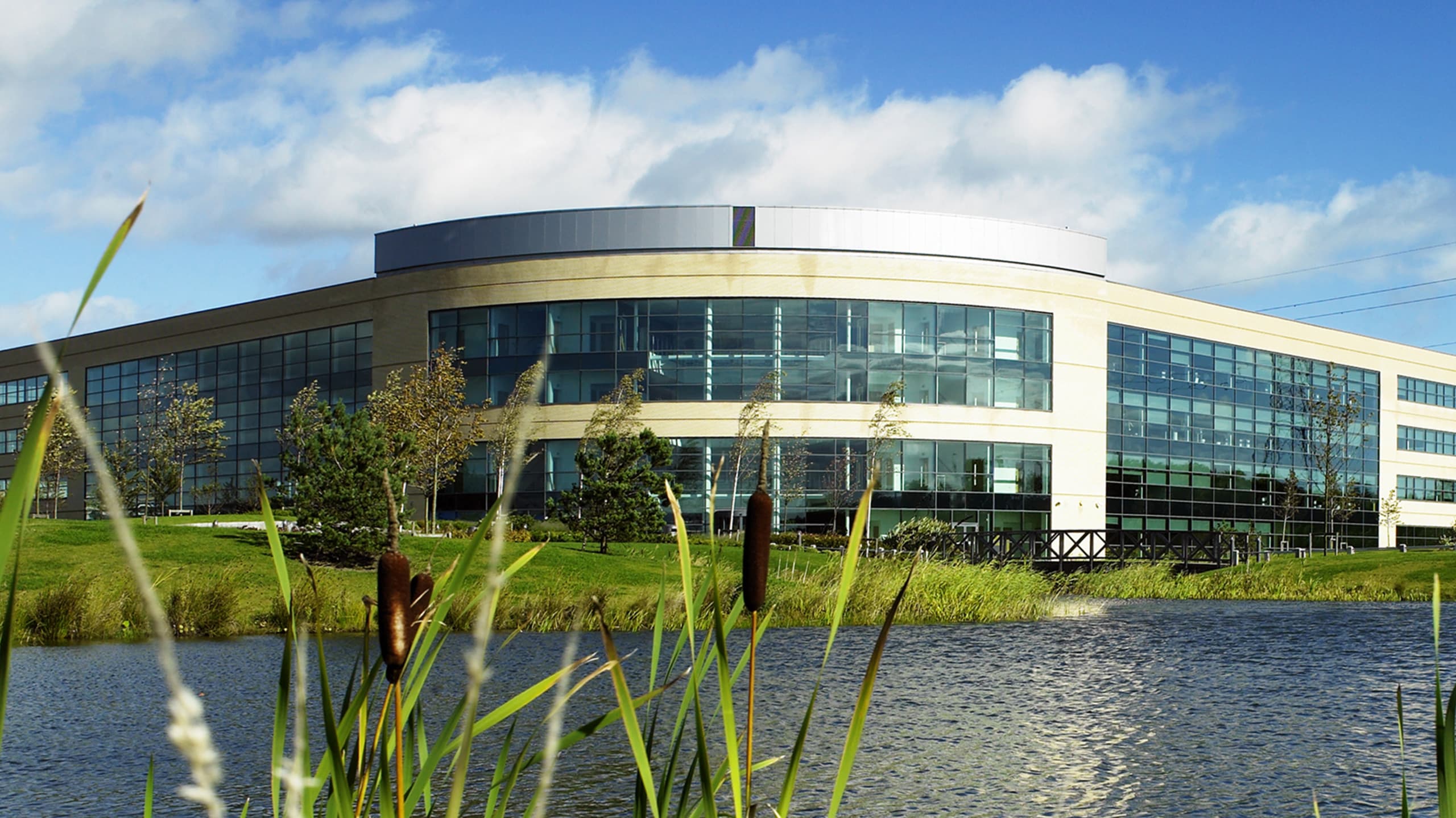What placement roles do you offer to Computer Science Undergraduates?
We offer placements to Undergraduates as Software Consultants – this means they would be writing, testing and developing solutions to solve our customers’ requirements. This might be a fully bespoke application, integrating two systems together or even extending a piece of off-the-shelf software. We typically develop solutions in .NET and in Azure.
What do students work on during their placement?
A huge variety of things – you will be client-facing from a very early stage. You might be working as a full member of a team doing agile development for a client or doing smaller pieces of work. You won’t just be coding all day – we need our consultants to understand our clients really well so there are opportunities to visit some amazing client sites and get an insight into a really wide range of sectors and organisations.
What are the key skills you’re looking for in students applying for placements?
Communication and teamwork are fundamental to how we work at Waterstons. The ability to organise your time is also a really key one. Technology skills can be learned so we’re looking for that passion for technology but not necessarily the experience yet!
What support does Waterstons offer for placement students?
You’ll have a line manager who has regular one to ones and discussions about your progress. You’ll have the opportunity to study for exams based on your interests and where you want to take your career longer term and the chance to do things like self-directed research and development as well. We have regular hackdays to give our teams the space to have fun and learn something new!.The teams are really supportive and will take good care of you as well.
Have any of our students you’ve previously taken on placement been offered a role after graduation?
Yes – a huge number of our staff today started their careers as a placement year or year in industry student – including myself!
How can students find out about the placement vacancies you have available?
Head to our website and check out the Careers pages.
Is there anything else you’d like to say?
If you aren’t sure, ask! Don’t let the lack of technical skills put you off – when I joined, I could just about write some HTML and by the end of my year, I was leading software development projects on my own.



